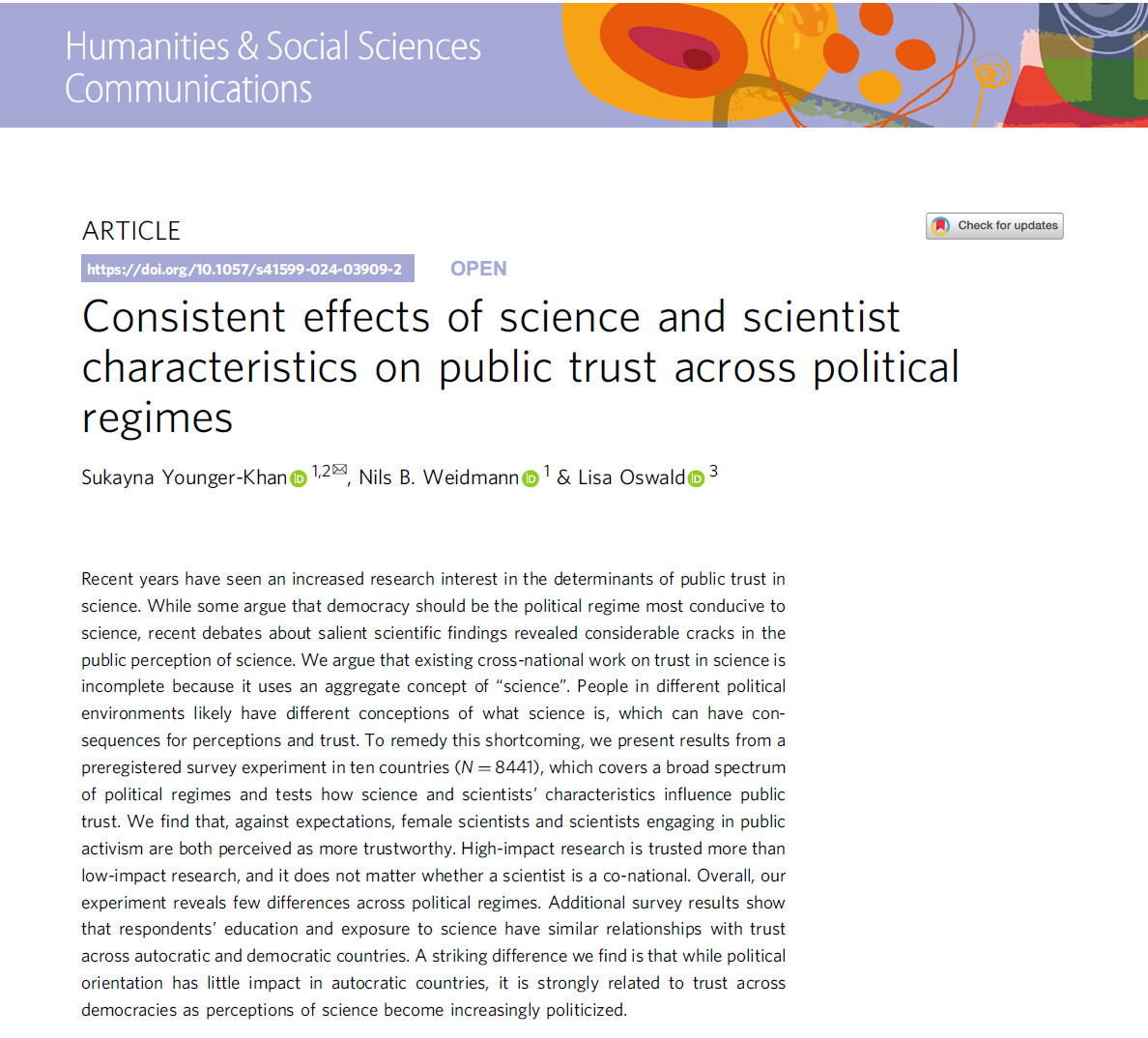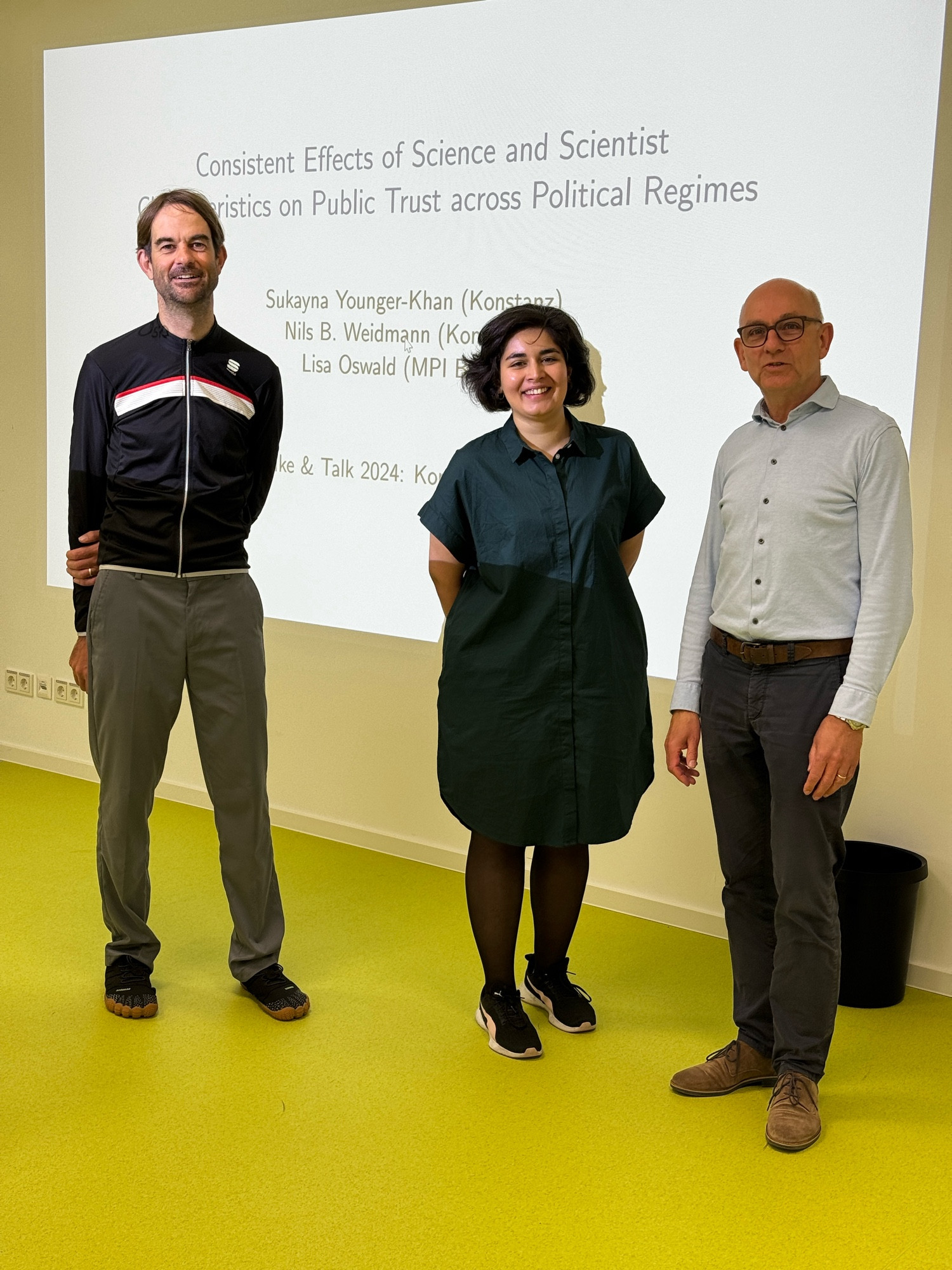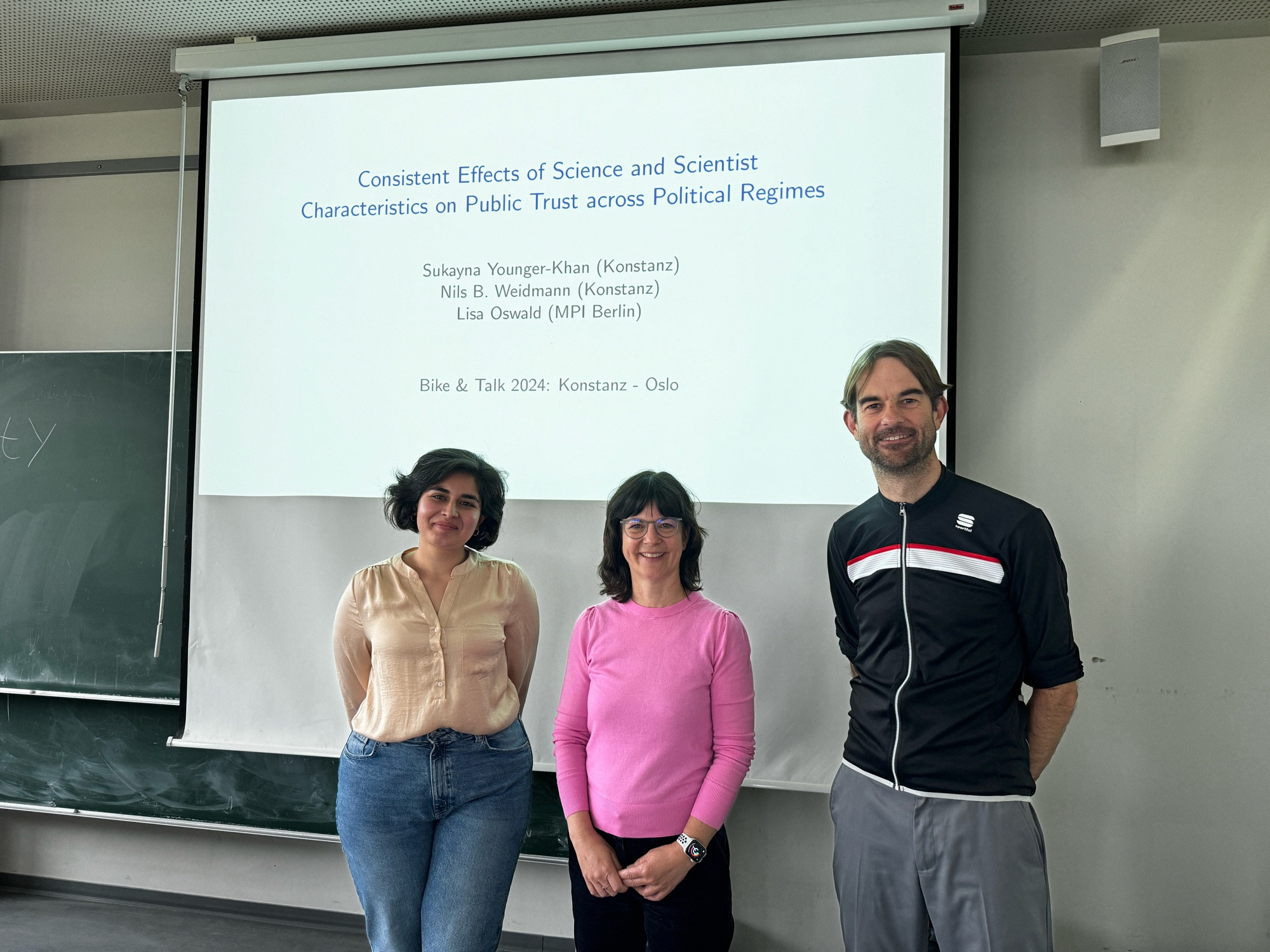
New study across 10 countries (N = 8,441) finds "female scientists and scientists engaging in public activism are both perceived as more trustworthy." BlueSky authors: @nilsweidmann.bsky.social@lfoswaldo.bsky.socialdoi.org/10.1057/s415...#AcademicSky#MetaSci#STS 🧪

Can anyone explain -exactly- how they got their sample? Was random sampling involved? All I can find is this "Due to time and budgetary restraints, we relied on quota sampling with a focus on gender and age to recruit respondents through online panels." This survey does not represent me.
interesting read: as a trained firefighter I was always trained that perception isn't always reality so, from that perspective, I feel it's best to focus on what is. Like the most competent in the respective fields regardless of who they may be or how they are perceived.



